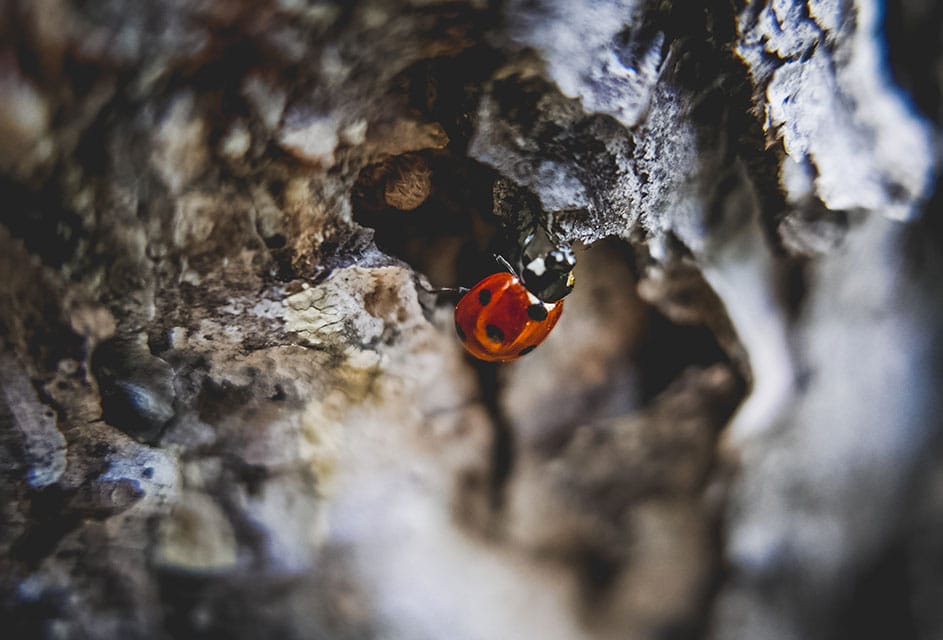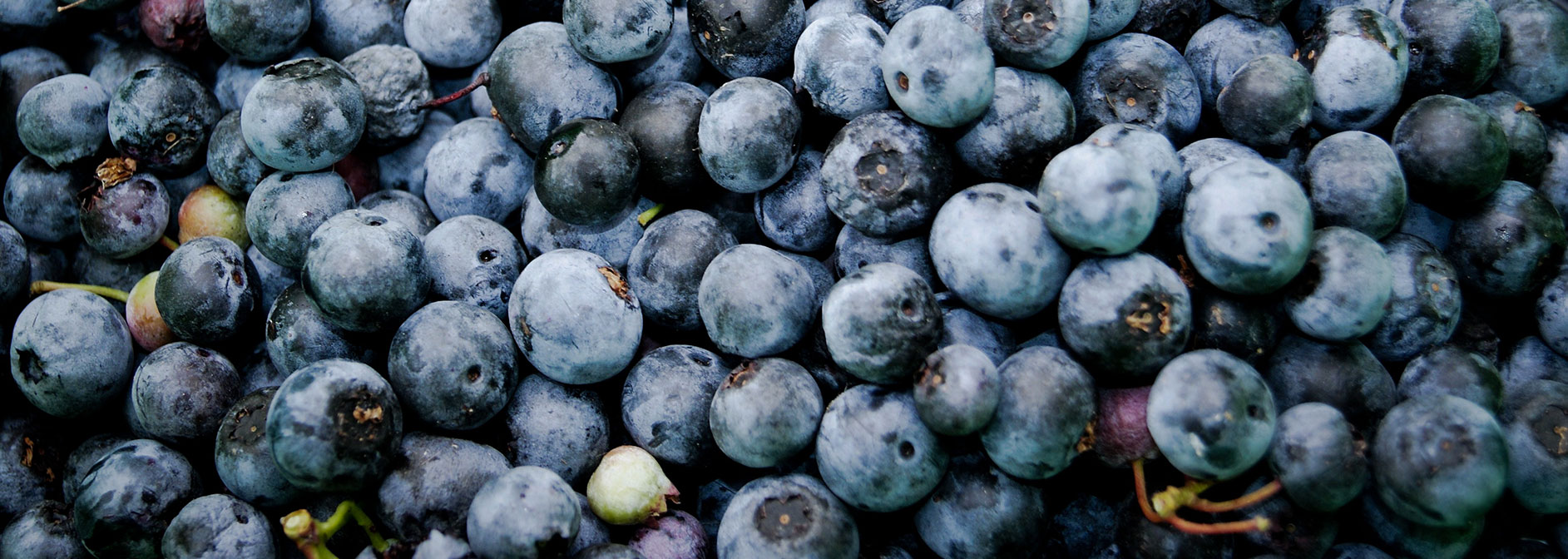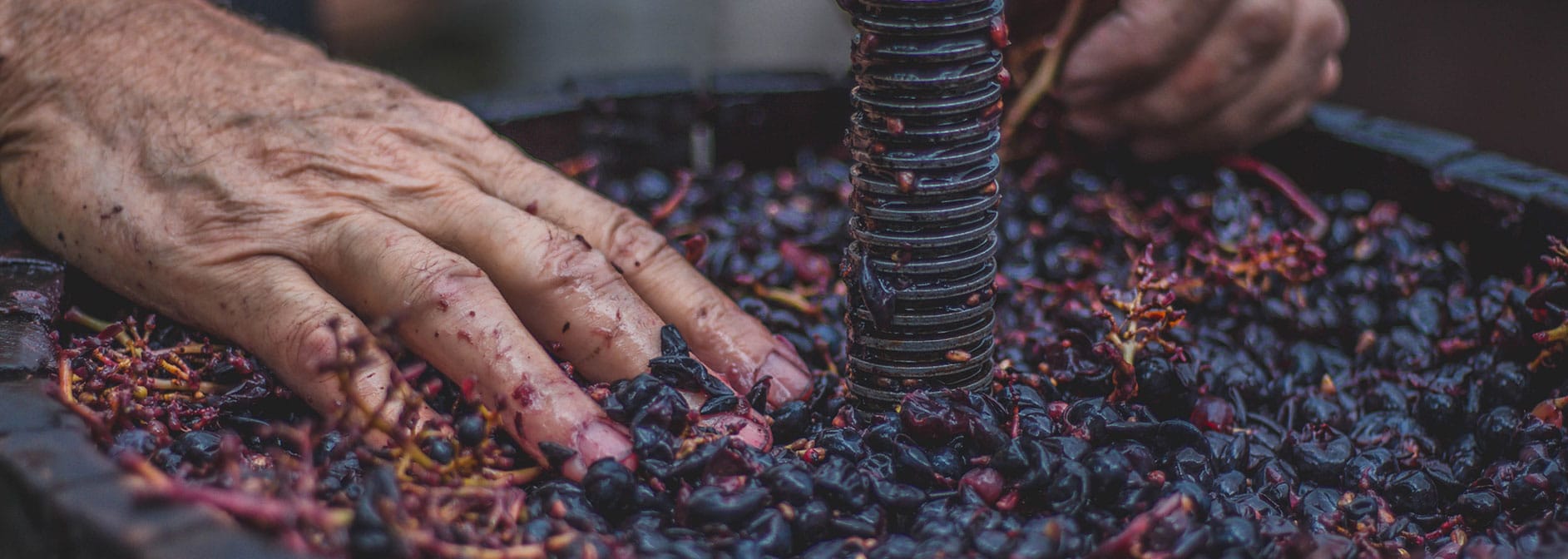Having finished his studies in biochemistry in 1994, and subsequently completed a university diploma in wine tasting (DUAD) in 2000, Jean Trocard took over the running of the family business. Raised among the vines, Jean is a naturally talented winegrower and winemaker, with an innate love of the earth and of wine.

The owner
Jean Trocard
Four hundred years of wine-growing
The history of the Roy-Trocard family begins nearly 400 years ago, in 1628. It was in this year that the family acquired its first vines in the locality of Libourne. Since 1628, each generation has produced a wine-grower; the vineyards handed down through fifteen generations of the men and women of the Roy-Trocard family. Over the years, the family has built up 70 hectares of vines spread over three properties and four appellations : Château Jeandeman in AOC Fronsac, Château Laborde in AOC Lalande de Pomerol, Château Mancèdre in AOC Pessac-Leognan and La Piecelle in AOC Bordeaux Superieur.
KEY DATES
Trocard family purchases vines in the locality of Libourne.
Château Laborde is created in Lalande de Pomerol
Has remained a family property ever since.Château Jeandeman is purchased by Joseph Roy
Joseph Roy was succeeded by his son Jacques in 1952. Jacques dies in 1962 and his widow, Françoise marries Jean-Marie Trocard in 1965, uniting the two families.For thirty years Françoise and Jean-Marie run Château Jeandeman and Château Laborde together
With the vineyards flourishing and expanding in area from 16 to 42 hectares.Jean Trocard, son of Françoise and Jean-Marie, takes over the running of the vineyards.
The creation of a third property, Château Mancèdre
Situated in Pessac-Léognan on the Bordeaux left-bank, where Jean’s maternal grandparents already cultivated vines and pine trees.DID YOU KNOW ?
Contrairement aux autres plantes, la vigne a besoin d’un certain déficit hydrique pour produire une vin de qualité. Dans ce cas, elle arrête la croissance de ses rameaux et ses baies. Ainsi les sucres disponibles alimentent, non plus la croissance des rameaux, mais uniquement celle des baies, qui sont alors plus petites mais plus concentrées.

ECO-RESPONSIBILITY
For the last twenty years, the vineyards of Roy-Trocard have been cultivated using sustainable viticultural methods.
The objectives of this approach are:
• To promote a viticulture which both respects the environment and is economically viable.
• To maintain bioversity in the viticultural ecosystem.
• To preserve and encourage the long-term health of the soils.
• To assure the production of high quality wines.
In order to do this, we endeavour to use only naturally occurring treatments for both our soils and our vines.
-
Tillage (working the soils)
All the soils in our vineyards are either ploughed or planted with grass and the use of tractors is kept to a minimum. For us it is essential to care for all aspects of the vineyard ecology in order to allow the terroir to thrive and fully express itself.
-
Treatments
Sprays and treatments are used sparingly, in the knowledge that small amounts of diseases such as powdery mildew are not inherently damaging to quality. The vines on all three properties are checked on a weekly basis, with the help of a consultant agronomist
-
Fertilisers
we use no chemical fertilisers. Organic manure is used according to the needs of the vines.
-
Viticultural effluent
Each of our properties has been treating its own viticultural waste since the year 2000. In this way, all waste water is perfectly clean before it leaves the cellar.
Nous nous engageons résolument vers une viticulture très fine de précision, presque homéopathique. Notre démarche est moderne et orientée vers le respect de la terre. Selon nous, c’est à cette seule condition que nos sols pourront continuer à produire les grands vins de demain.


